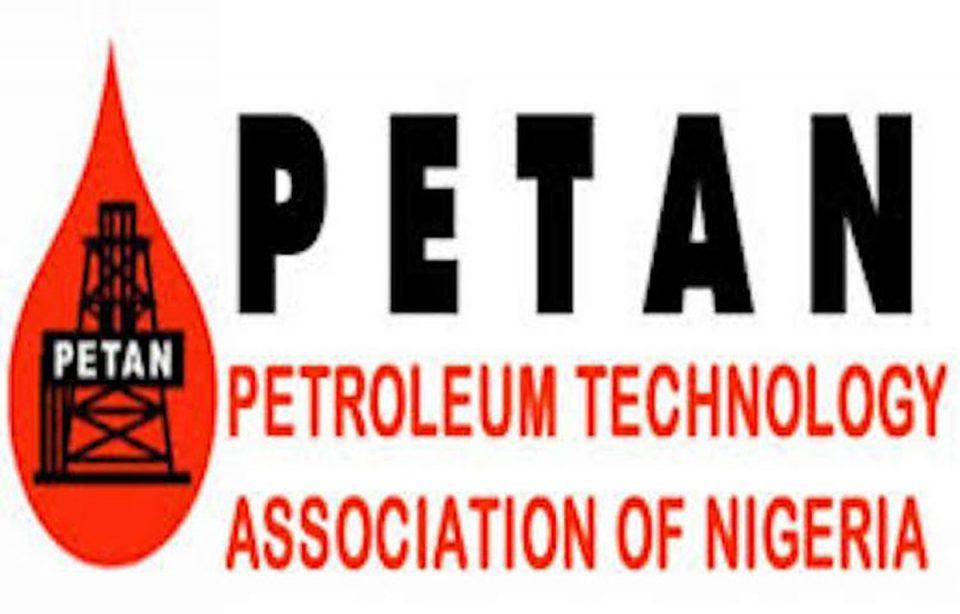Regulatory Framework Key To Open Nigeria’s Gas Sector- PETAN
By Abisola THOMPSON
The Chairman of Petroleum Technology Association of Nigeria (PETAN), Mr. Nicolas Odinuwe, stressed the need for the Country to come up with strategic regulatory frameworks and also create an enabling environment to encourage private-public sector partnership that will help unlock the untapped potentials in Nigeria’s gas reserves.
This call is coming as PETAN’s gets set to host the 5th edition of the Sub-Saharan Africa International Petroleum Summit (SAIPEC), scheduled to hold virtually from May 19 to 21, 2021.
It will feature a spotlight session on “Sub-Saharan Africa’s gas industry, gas monetisation and the importance of LNG and gas to power projects”, with an extensive discussion on Nigeria Decade of Gas initiative launched by President Muhammadu Buhari.
To actualise the objectives of the Decade of Gas transforming Nigeria towards a gas-powered economy by 2030, Odinuwe highlighted some key recommendations that would pave the way for a successful gas utilisation as well as unlocking the untapped potentials in Nigeria’s gas reserves which comprises concepts such as gas-to-people, gas-to-power and gas-to-industry.
According to him: “On gas-to-people, for a successful all-round transition from oil to gas, Nigeria needs to Boost Investor Confidence in the sector. We are all aware of the bottlenecks such as an insufficient regulatory framework in the industry which stakeholders are optimistic that the PIB when passed, will address.
“We also need enhanced private-sector participation which can be enhanced through minimised taxes and royalties on oil and gas by the government. Although recovery policies are already in place and show commitment to enabling potential in the future, we are hoping that new ones will create the enabling environment that will encourage private-public partnerships needed to drive home the gas expansion initiative.
“The Investor-Exporter Foreign Exchange window needs to be widened. Homegrown innovations hold the key to unlocking our untapped potential in gas as well as in industries outside the oil sector, so we know that we need to develop strategies to reform and implement a market-based and cost-effective gas distribution.
“On gas-to-power, we already have the Nigeria Gas Transportation Network Code (NGTNC) developed by the Ministry of Petroleum Resources, developed to deepen the growth of the domestic gas market and support export projects.
“There is also the Nigerian Gas Flare Commercialisation Program (NGFCP) to improve gas-to-power, grow gas-based industries, domestic Liquefied Natural Gas (LNG), Compressed Natural Gas (CNG) and Liquefied Petroleum Gas (LPG) penetration to unleash potentials of accelerated growth and stimulate investment opportunities and national economic development.
“For ease of operating the NGFCP, the Department of Petroleum Resources (DPR) established a Network Code Electronic Licensing and Administration System (NCELAS) portal to process all licenses required for operating gas transport arrangements and administration of all regulatory roles required for the optimal performance of the Network Code.
“On gas-to-industry, we have the Ministry of Petroleum Resources, NNPC, NCDMB, NLNG and private investors forging collaborations to establish modular refineries, rehabilitate existing ones, activate CNG refill stations for integration of LPG, LNG and CNG to be dispensed to motorists in the country to promote gas as a cleaner, cheaper and more environmentally friendly replacement fuel to premium motor spirit (PMS), kerosene and automotive gas oil in the long run as well as conserve foreign exchange expended on imported fuel.
“An area that excites us at PETAN, is the adoption of LPG Cylinder Recirculation Model (CRM) to increase LPG penetration. Reason being that as predominantly technical partners in the industry, the issue of safety is a huge concern to us as it is for the majority of Nigerians who are apathetic toward this transition of adopting LPG as domestic fuel.
“We, therefore, laud the exchange system whereby marketers deliver and retrieve cylinders for refurbishment and maintenance to enhance safety and availability at the least possible cost.
“PETAN is an active participant in the Nigerian gas value chain where its member companies have developed the technical expertise in areas such as AUTOGAS, and training engineers in the skill of installing auto conversion kits in existing vehicles to make them bio-fuel compliant as well as setting up of micro-distribution centres and micro foundries in the country under the domestic LPG programme.”




